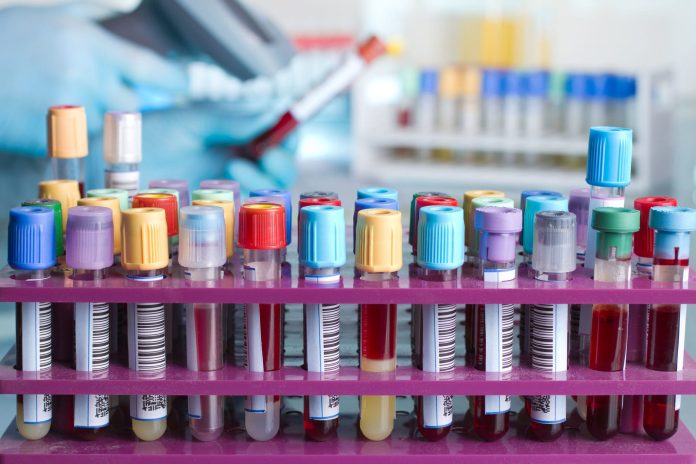Leveraging IoT health care tools cuts provider costs while improving patient outcomes
Adoption of IoT health care solutions benefits industry by redefining how applications, devices and people interact and connect with each other in delivering and managing patients.
IoT is offering new tools as well as efficiencies that make up an integrated health care system with the view of ensuring patients are cared for better, health care costs are reduced significantly and treatment outcomes are improved.
According to IBM, the major advantages of the IoT health care solutions are:
-Decreased costs: When providers take advantage of connecting IoT health care solutions, patient monitoring can be done on a real time basis, thus significantly cutting down on unnecessary visits by doctors. In particular, home care facilities that are advanced are guaranteed to cut down on hospital stays and re-admissions.
-Improved outcomes of treatment: Connectivity of health care solutions through cloud computing or other virtual infrastructure gives caregivers the ability to access real time information that enables them to make informed decisions as well as offer treatment that is evidence based.
-Enhanced patient experience: IoT health care solutions help place emphasis on the needs of the patient. That is, proactive treatments, improved accuracy when it comes to diagnosis, timely intervention by physicians and enhanced treatment outcomes result in accountable care that is highly trusted among patients.
-Enhanced management of drugs: Creation, as well as management, of drugs is a major expense in the healthcare industry. Even then, with IoT processes and devices, it is possible to manage these costs better.
U.K. telecommunications group Vodafone claims that new connected solutions based around the IoT will help people to follow their medical treatment programs more closely.
The World Health Organization has said that adherence – the action of complying with a medical treatment regime – for long term conditions such as hypertension, cancer and HIV stands at only around 50%, meaning half of patients do not follow their doctor’s instructions. As a result, patients’ chances of recovery and relief are reduced.
Bringing together smart devices, connectivity and the cloud, the IoT can lead to more effective healthcare, according to the white paper. Vodafone highlighted that this new technology will encourage patients to follow their treatment programs more accurately by providing them with individualized information on their therapy.
The data-driven and IoT enabled adherence management outlined in Vodafone’s white paper would offer benefits to patients, hospitals, medical device companies and those that pay for the provision of medical services.
The implementation of smart technologies such as the IoT will allow healthcare and medical device companies to improve the way to keep vaccines stored and protected throughout the supply chain. One example is the Weka Smart Fridge, which enables clinicians in the field to better manage vaccine distribution.
Weka Health Solutions explained that the fridge automates vaccine storage and dose dispensing to save time and enhance patient care. This solution includes remote monitoring services to ensure vaccines are stored at the right temperature, while automatic inventory tracing saves staff time and ensures a reliable vaccine supply. In addition, access is limited through a small drawer on the front of the smart fridge to protect vaccines from temperature change.
The vaccine smart fridge uses an IoT platform that collects real-time data from numerous sensors on every unit to enable 24×7 monitoring and analysis.

